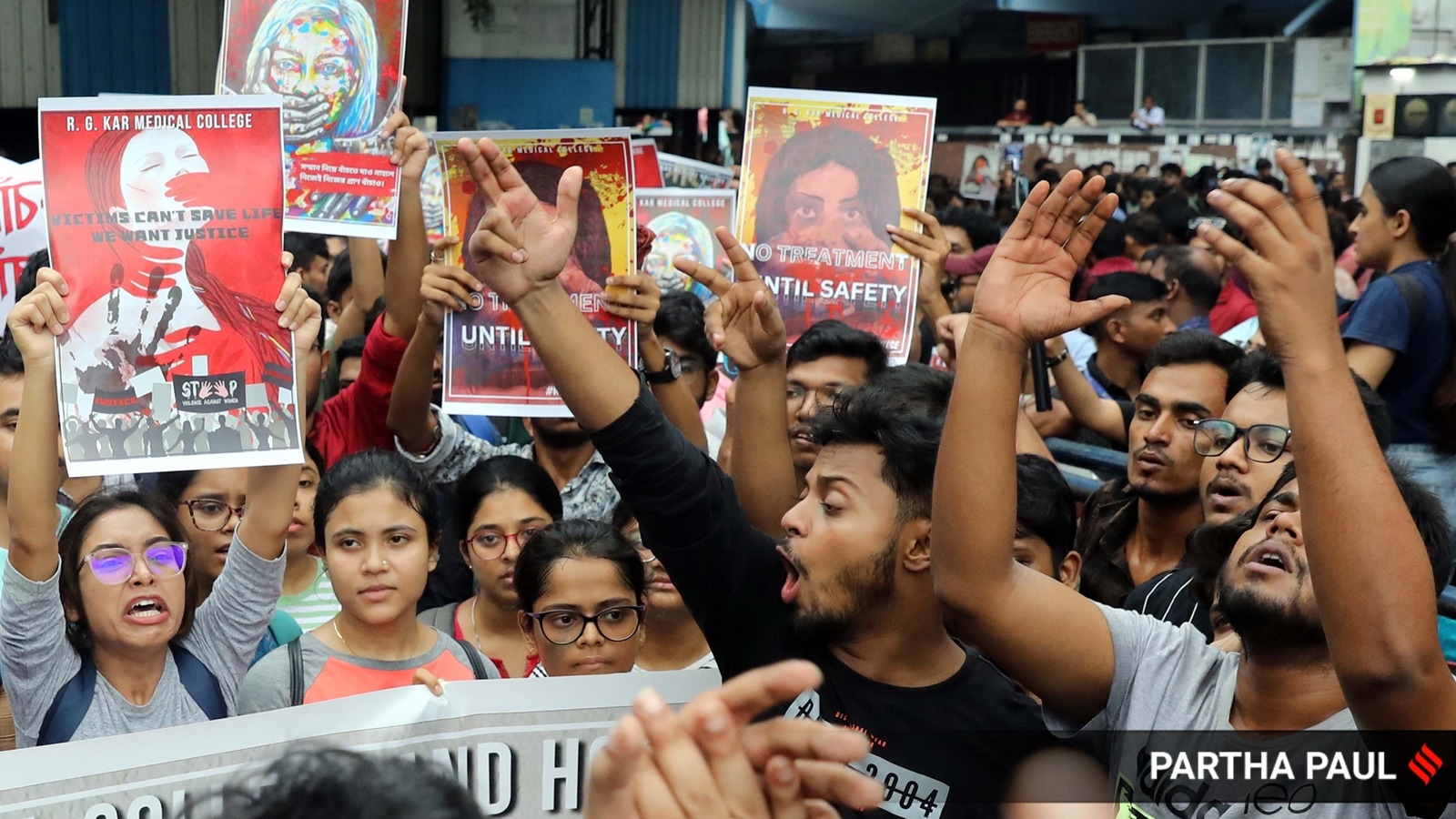 |
|
The upcoming verdict in the R G Kar rape and murder case in Kolkata, India, has ignited a renewed wave of anticipation and anxiety. The father of the 31-year-old junior doctor, who was brutally raped and murdered in August 2023 at the R G Kar Medical College and Hospital, has publicly declared his unwavering commitment to securing justice for his daughter. His statement, 'Ready to wait for five years for justice… we will not beg but we will fight, and if required, snatch justice,' underscores the profound grief and determination fueling the family's pursuit of justice. The case, which sparked nationwide protests and outrage, is expected to conclude with a verdict from the Sealdah court on Saturday. This case represents not just the tragic loss of a young life, but also a broader commentary on the state of justice and the systemic issues that allow such crimes to occur and remain unresolved.
The investigation into the crime, initially handled by local police, has been heavily scrutinized. The victim's father criticizes the initial investigation, stating that it effectively stalled after the first three days. Although a CBI investigation was not initially requested, the court subsequently ordered one. This change in investigative authority itself speaks volumes about the concerns surrounding the initial handling of the case. The CBI's investigation, however, has also come under intense scrutiny from various stakeholders, with accusations of incompetence and potential cover-ups. Junior doctors involved in the case, while advocating for the maximum punishment for Sanjoy Roy, the prime accused, remain unconvinced by the CBI’s work, highlighting unanswered questions about the motive, potential accomplices, and evidence tampering. These lingering questions fuel the skepticism surrounding the investigative process and the potential for a compromised outcome.
The lack of complete faith in the CBI is a recurring theme across various political viewpoints. While the ruling Trinamool Congress (TMC) portrays the CBI probe as vindicating their initial actions, the opposition parties, including the BJP and CPI(M), express skepticism about the thoroughness of the investigation and the potential involvement of powerful figures in obstructing justice. The BJP claims that influential individuals besides Sanjoy Roy were involved, highlighting concerns about the alleged movement of the body and the perceived inability of a single person to execute the crime as described by the CBI. The CPI(M) suggests a cover-up by the ruling party and expresses concern over the diminishing public faith in the investigation's fairness. The Congress, too, emphasizes unanswered questions surrounding the release of key individuals on bail due to the CBI’s failure to file chargesheets within the stipulated timeframe. This multi-faceted political commentary further underlines the deep-seated lack of trust in the investigative process and the perception of political interference.
The arrest and subsequent bail of Tala police station officer-in-charge Abhijit Mandal and former RG Kar principal Sandip Ghosh for allegedly destroying evidence and attempting to suppress the case adds another layer of complexity to the narrative. Their release, attributed to the CBI’s failure to file a chargesheet within 90 days, fuels accusations of incompetence and potential collusion. This highlights the larger issue of systemic failures within the investigation, allowing key figures suspected of tampering with evidence to be released, further eroding public confidence in achieving true justice for the victim. The ongoing judicial process, approaching its conclusion with the imminent verdict, is watched with bated breath, not just by the victim's family, but also by the broader Indian public, who are deeply invested in the outcome and the broader implications for justice and accountability within the Indian system.
The case has prompted widespread national protests, underscoring the public's desire for justice and accountability. The long wait for the verdict, coupled with the controversies surrounding the investigation, has elevated the case beyond a singular tragedy, transforming it into a national symbol representing the fight for justice in the face of systemic challenges. The final verdict will not only determine the fate of the accused but will also serve as a critical test of the justice system's ability to deliver on its promises, to hold the powerful accountable, and ultimately, to bring closure to the victim's family and the nation at large. The 59-day trial, which concluded after the charges were framed on December 4th, 2024, signifies a swift conclusion in contrast to the protracted investigative stages, prompting further queries about the effectiveness and impartiality of the various involved agencies.
